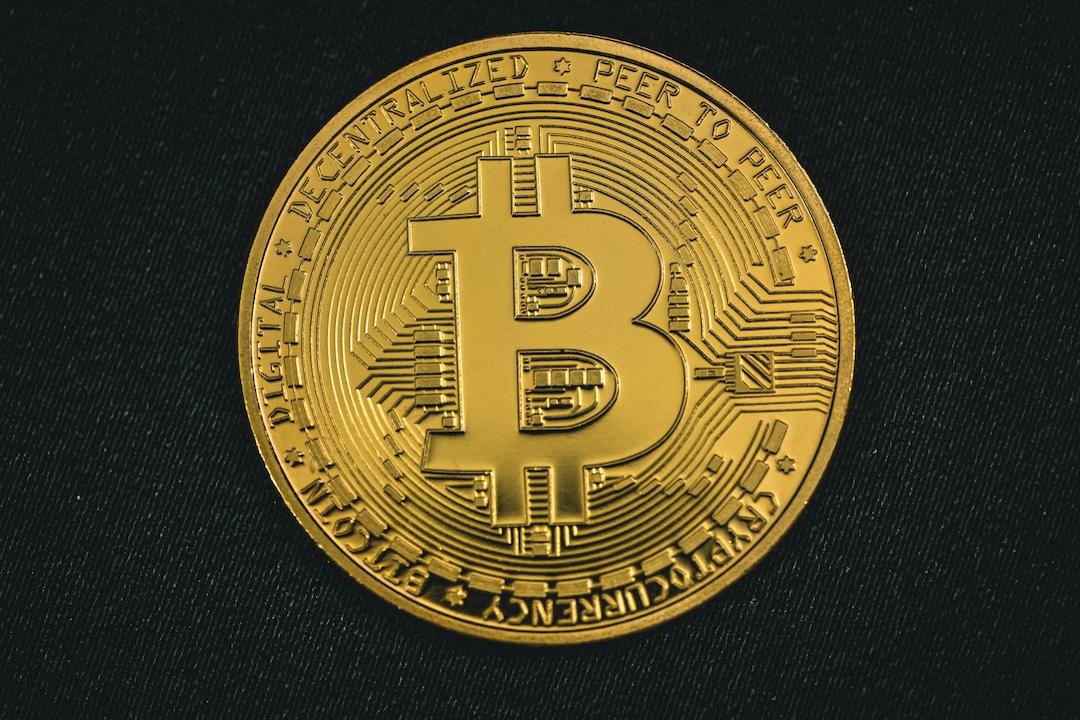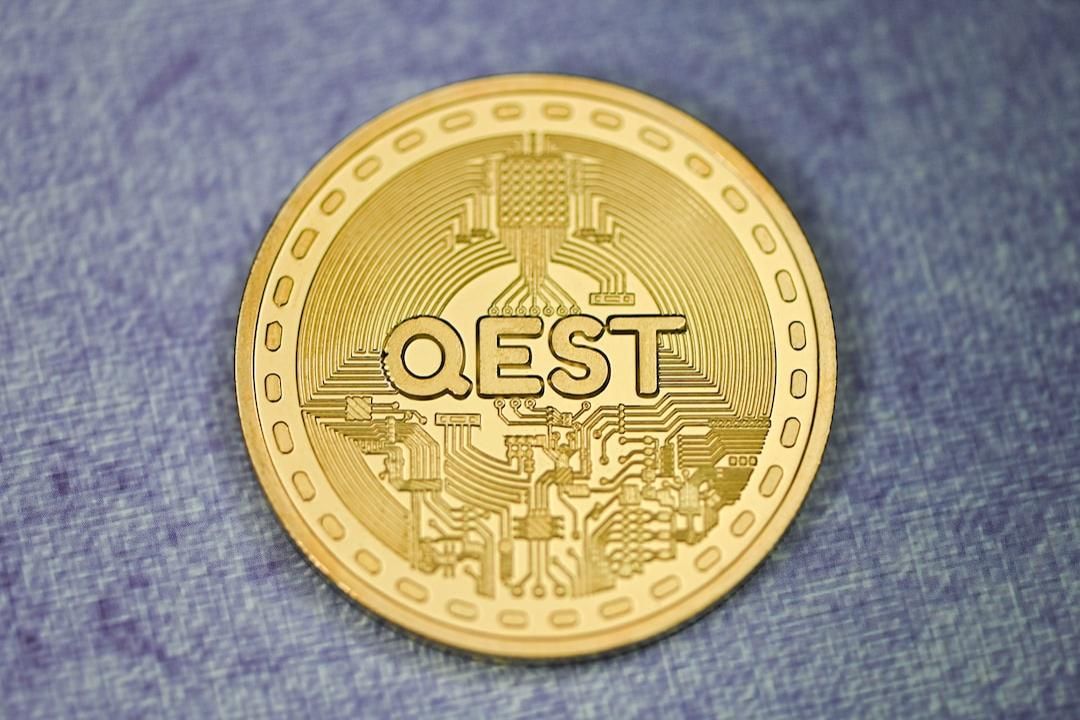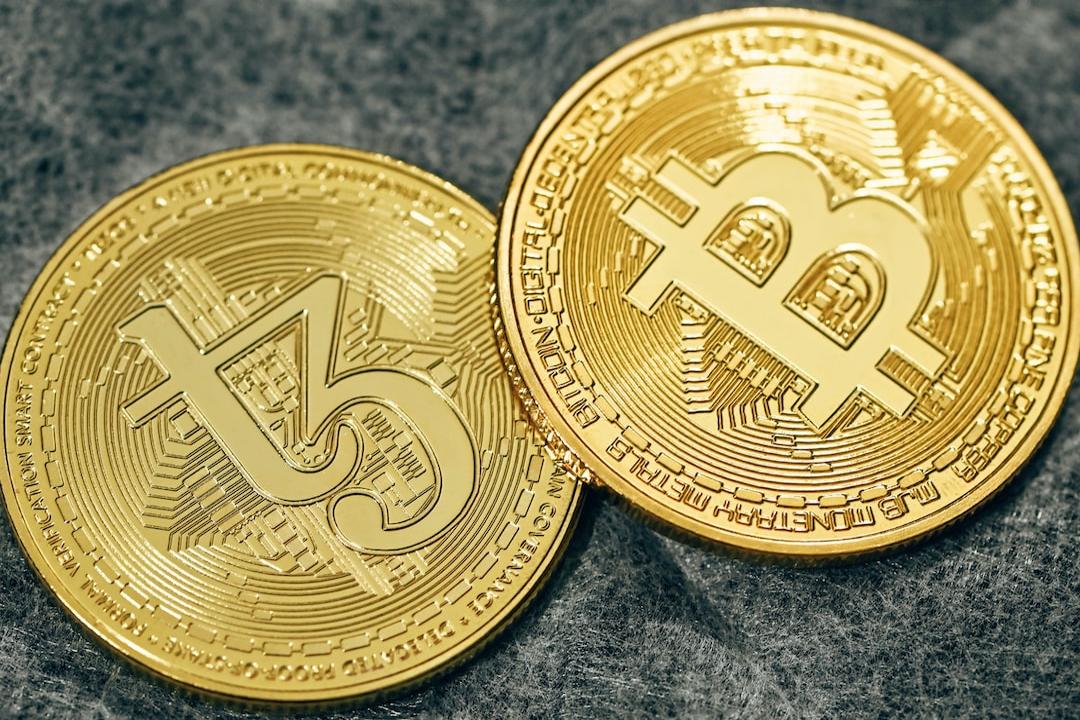Thailand Approves Five-Year Crypto Tax Exemption
Thailand has approved a five-year crypto tax exemption for income earned from digital asset sales, according to a statement from the Ministry of Finance. The waiver will begin on Jan. 1, 2025, and end on Dec. 31, 2029.
//


The measure removes capital gains tax for those selling cryptocurrencies through licensed platforms. Deputy Finance Minister Julapun Amornvivat confirmed that only users trading through crypto service providers registered with the Thai SEC will qualify. The goal, according to the ministry, is to improve Thailand’s financial infrastructure and align digital asset activity with local rules. The exemption also supports national anti-money laundering (AML) policies and complies with the Financial Action Task Force (FATF) guidelines.
Crypto Capital Gains Tax Exemption Tied to Licensed Trading
The government emphasized that the Thailand crypto tax exemption does not apply to unregistered exchanges. Only platforms that hold Thai SEC crypto licenses are included in the waiver. Minister Julapun said the initiative would help Thailand become a center for digital finance and law-compliant crypto trading. He added that digital assets could be used for fundraising, which reflects a broader effort to regulate financial innovation under clear laws.
The Ministry of Finance projects that the exemption could support the local economy. It expects the crypto sector to bring in no less than 1 billion baht (around $30.7 million) in tax revenue by the end of the term. These figures are based on the medium-term economic forecast.
This decision follows an earlier plan announced on May 26, when the ministry said it would explore allowing crypto payments by tourists. That proposal is part of a wider effort to introduce new crypto-related regulations.
Thai SEC Enforces Rules as KuCoin Expands Locally
While the exemption applies to registered services, the Thai SEC continues to act against platforms without proper licenses. On June 28, the agency will block five global exchanges: Bybit, OKX, CoinEx, XT.COM, and one more unnamed entity. These companies were reportedly operating in Thailand without local approval. The SEC confirmed the enforcement in a late May announcement. These steps show the agency’s focus on protecting users and requiring legal compliance for all trading platforms.
In contrast, other crypto firms have gained approval. KuCoin secured a Thai SEC crypto license and launched its Thailand subsidiary on June 14. This expansion allows the platform to operate under Thai law and offer regulated services.
Tether’s Tokenized Gold Listed on Maxbit Exchange
In addition to trading platforms, crypto assets tied to physical commodities have entered the Thai market. Tether, the company behind the USDt stablecoin, rolled out its tokenized gold product in Thailand in mid-May.

This product is now available for trading on Maxbit, a local platform. The listing adds a new asset type for traders and expands the available options under Thailand’s regulated market structure. The move aligns with the Ministry of Finance’s goal to boost regulated digital asset use without changing existing AML and FATF rules. By listing through a local exchange, Tether’s Maxbit listing falls under the same compliance framework.

